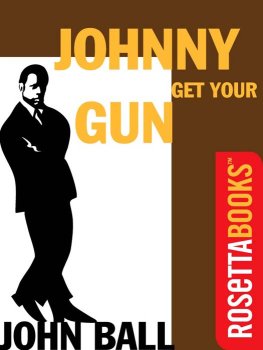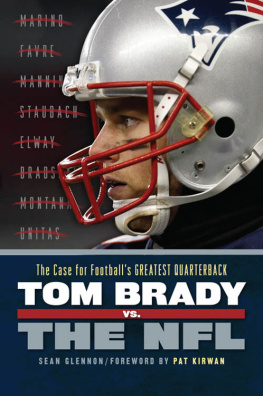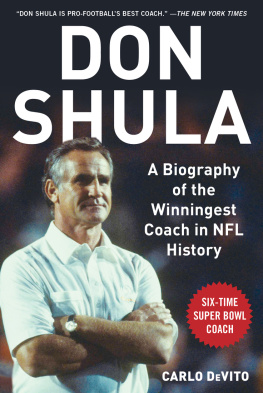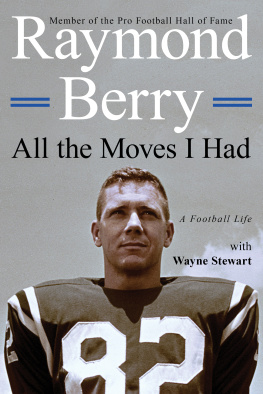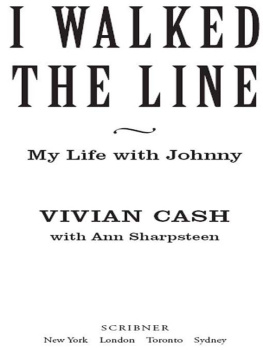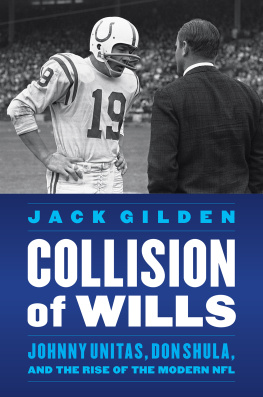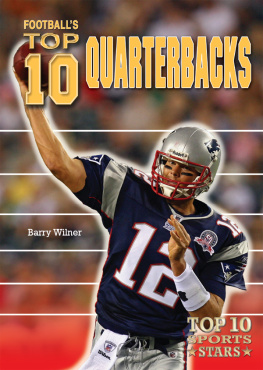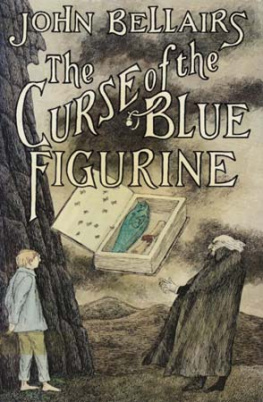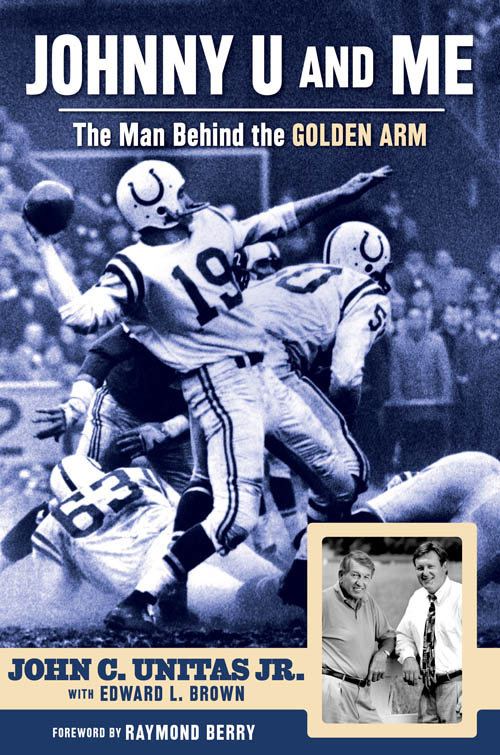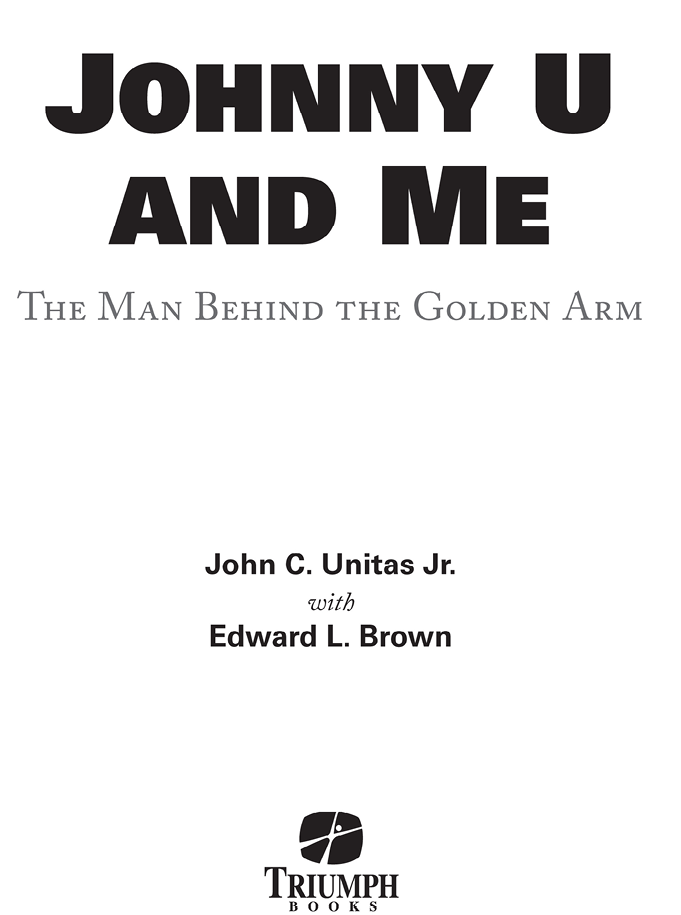
To the memory of my parents:
Thank you for your unconditional love and support. Not a day goes by without me thinking of you. Your light continues to guide me.
Contents
Foreword by Raymond Berry
When I reflect back on my 13-year NFL career and the realization comes that I was able to play with John Unitas for 12 years, my immediate thought is that no receiver in NFL history had a better deal. He was a combination of the physical, the mental, and the heart. Ive seen no greater competitor in all my years in football. He could not be intimidated. In one game, an opponent hit him in the face, busted his nose, and blood poured out. He reached down, got some dirt, stuffed it in his nose, got back in the huddle, called a pass play, and threw a touchdown pass! That was Unitas. He was single-minded in purposewin games. Praise, publicity, acclaim, and attention rolled off him. He took it in stride with his usual smile.
Weeb Ewbank, our head coach, had instinct and sense enough to hand over the play-calling job to John; brilliant move. John was a natural for this responsibility. The defense couldnt figure him out. He was unpredictablerun when a pass was expected, pass when a run was expected. He used all his weaponssplit end, flanker, tight end, halfback, and fullback. None of us gave a flip. We just did our jobs when he called our play. Confidence was one of his strongest assets. I believe it was a God-given natural gift. As a matter of fact, when I think of it, I believe God designed John Unitas to be the quarterback he was, and I dont think God left anything out!
I havent even mentioned his physical gifts yet: his arm strength and accuracy, his durable body that could shake off hits, his quick feet. His college coaches at Louisville, Frank Camp and Frank Gitschier, had trained John well in how to take the snap, drop back, step, and deliver. His fundamentals were flawless. His throwing delivery would be adopted by perceptive quarterback coaches at all levels of football.
John was popular with us players. He never got full of himself. Having a beer with the guys was one of his pleasures. He laughed easily and had a great sense of humor. John was real in every sense of the word. He wasnt just my QB, my teammate; he was my friend. Its still hard for me to believe I was able to play with arguably the greatest quarterback of all time.
Raymond Berry
Baltimore Colts wide receiver (1955 67)
Pro Football Hall of Fame (1973)
February 3, 2014
Introduction: Tree Shadows
Im now 58 years old. Ive always been John Unitas, the emphasis on Unitas. While most people, men in particular, have carried a name with them their entire lives, Ive always understood that this name means something different, usually important and almost god-like, to many people, fans who have their own ideas, right or wrong, of what it means to be John Unitas. The difference between me and my father is that he didnt have to live all of his life in the shadow of fame and expectations. I have.
It would be easy to say this has simply been a burden, but that wouldnt be fair. While some shadows are dark and scary, like the shadow of someone sneaking up on you at night, others, like the shadow of a tree on a hot July Baltimore afternoon, can be soothing. I think of my fathers shadow as like that of a tree with deep roots and bearing fruit, a solid figure that stands tall for a long time and withstands the vagaries of nature, its shadow gentle. Being John Unitas has been a blessing. It has opened doors. Ive been able to see places and meet people because of my father that the ordinary football fan would never see or meet. But for every door it has opened, its also led to misconceptions about me and my family.
Why Ive been blessed has less to do with my fathers name and more with his character. Dad just happened to be an NFL quarterback. People have put him on a quarterbacking pedestal, and as a football player, he deserves to be there.
But his life wasnt easy, as he struggled with a failed marriage and bad financial investments. I have had the typical struggles of adulthood but have also lived vicariously through my fathers public struggles and mistakes. He wasnt perfect off the field; then again, no father is. He cared about his children. He carpooled us to school, spanked us with his hair brush, and came to my games when he could. After football, he and I worked together. And through all of this, we ended up best friends. He will always be my father, but as adults we became so much more.
****
I grew up in Baltimore although I was born in Pittsburgh, just like Dad. I was raised in Baltimore while he came of age here. It was here that he went from being a cut Pittsburgh Steelers draftee to a record-setting championship-winning quarterback. It was also here that his name became as synonymous with Baltimore as crab cakes, Natty Boh beer, the Inner Harbor, Brooks Robinson, and the Star Spangled Banner.
It has been in the suburban neighborhoods of Baltimore County that I moved from toddler to teenager to college student and finally to a married man with two children. I was fairly typical growing up in the 1960s with a father who had a crew cut and a mother who stayed at home and took care of the kids. If we hadnt lived less than 15 miles from the Baltimore harbor, we just as easily could have been living in Middle America. I roamed the neighborhood with my friends, sneaking into swimming clubs after hours and smoking cigarettes in the woods behind our house. The big oak tree in the neighbors yard served as home plate in softball games and home base in games of kick the can.
It was a carefree time when parents let their children go up to the local elementary school to play without supervision or skateboard to the 7-Eleven for candy and a Coke. It also seemed like the country was tearing at its seams: Vietnam, school desegregation, the AFL and Al Davis, and long-haired hippies. I lived in that gap, and I didnt always understand my dad, but today I realize I couldnt have done it without his help and role-modeling. He was an old-school guy surviving in a new-school age.
Dad had an inner strength and moral toughness, the same strength he revealed on the football field, but it wasnt football that made him. Instead, he made football, not in a grand sense, not in todays sense of entitled athletes who feel they are bigger than the game. He brought his greatness to the game. If he hadnt played football, he would have had the same indomitable character. The only difference is that he wouldnt have been famous, and knowing my father, he wouldnt have minded that. But he dealt with fame as best he could.
It has been 56 years since the greatest game ever and 45 since the New York Jets upset my fathers team, the Baltimore Colts, in Super Bowl III in maybe the most important NFL game ever. While those two events may mark his life as a football player, it was the first anniversary of the terrorists attacks, September 11, 2002, that mark the most important date for me with my father. It was the day he died suddenly, unexpectedly, a day that I still get misty-eyed over. And why shouldnt I? I lost a man who influenced my life for 45 years.
Lots of people lose parents. I lost both of mine within six months of each other. Dealing with the death of a parent, particularly both parents, is hard. My feelings are no different. Im not special in my grief. As a matter of fact, my grief is pretty typical, but it still hurts, throbbing like a crushed knuckle that occasionally slaps a rushing on-coming lineman.


